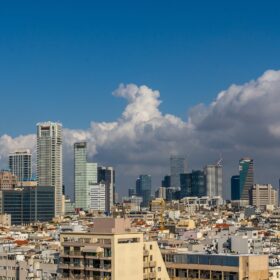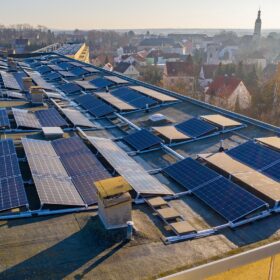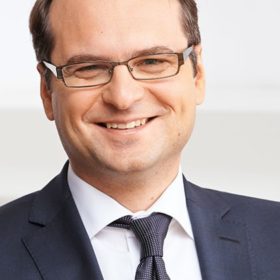Israel raises tariffs for commercial PV by up to 33%
Israel’s Electricity Authority says it has reached a decision on tariffs, as current rates do not ensure the viability of large rooftop PV projects. It has also raised the tariff for stored electricity sold at peak times.
Collectively owned PV systems improve energy community performance
Researchers have looked into the impact of potential regulated charge exemptions on two types of energy communities in 39 European countries. They have found that communities with collectively owned PV systems achieve greater savings.
Israeli regulator approves regulatory framework for storage
Israel’s planning administration has approved the terms for deploying up to 16 MWh of storage facilities. The government said that due to the Gaza conflict, storage has become ever more important for emergencies.
UK: Give more power to regulators, says report
A report published recently by the United Kingdom’s National Infrastructure Commission says that the UK’s regulatory system must “adapt to meet the demands of the future” by providing new powers for regulators to ensure utility investments in sustainable infrastructure. The report notes that without such powers, the country will be unlikely to meet its target of zero emissions by 2050.
Energy without borders
Germany has long been a global leader in driving acceptance of clean technologies through its progressive energy policies and regulations. Its influence in addressing climate change extends well beyond its borders, and the country is taking an active role to support the global energy transition through international cooperation. Germany has bilateral energy partnerships with approximately 20 countries, and its strong partnership with California is focused on creating a route to the future – a carbon-neutral one. State Secretary at the Federal Ministry for Economic Affairs and Energy Andreas Feicht met with pv magazine to discuss the country’s partnership with California, and its journey toward decarbonization.





